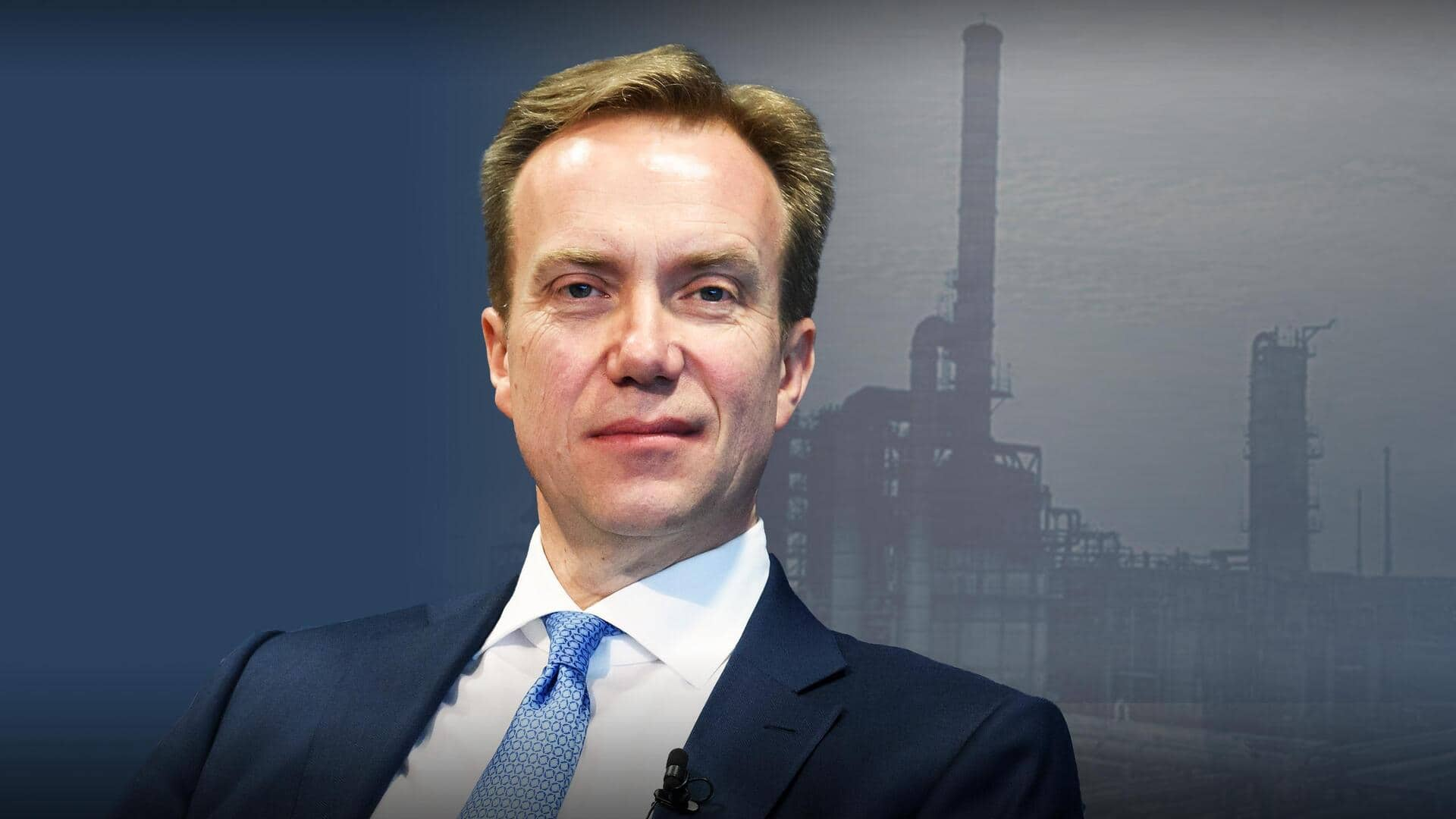
Red Sea crisis to spike India's oil prices: WEF chief
What's the story
World Economic Forum (WEF) President Borge Brende said that the escalating tensions in the Red Sea - due to the attacks on merchant ships by Yemen's Houthi rebels - could hike oil prices in India. Brende, in an interview with India Today, mentioned that the attacks would negatively impact the global supply chain. He also predicted a $10-20 increase in oil prices for countries like India heavily reliant on oil imports.
Context
Why does this story matter?
The Houthi rebels have escalated their maritime attacks in response to Israel's bombardment of Gaza, which began after Hamas's October 7 attacks on the Jewish nation. The crisis in the Red Sea largely remained unnoticed until reports appeared of drone strikes targeting cargo vessels en route to India carrying oil and petrochemicals. Meanwhile, oil prices soared 4% on Friday after the United States (US) and the United Kingdom (UK) carried out air and sea strikes on Houthi targets in Yemen.
Details
WEF president hopes for Red Sea crisis resolution
Brende also expressed concern over the potential impact of the Suez Canal closure on the global supply chain. The WEF chief hoped that the Houthi attacks in the Red Sea will stop soon, allowing shipping to proceed as usual. He stated that, despite the Red Sea issue, global trade will "pick up a bit" this year, after falling to 0.8% last year.
What Next?
On Indian economic growth and reforms
Speaking to India Today TV on the sidelines of the 54th edition of the WEF meeting, Brende expressed optimism about India's economy. He predicted an 8% growth this year and a potential $10 trillion economy within the next two decades. While commending India's digital economy growth, Brende said it was expanding twice as fast as the overall economy. He, nevertheless, emphasized the need for continued reforms in education, funding, and reducing red tape to sustain this growth.
Insights
On WEF 2024 theme, impact of upcoming elections
Talking about the WEF 2024 theme "rebuilding trust in a fractured world," Brende emphasized the necessity of global collaboration. "There is also a huge geopolitical competition. But even in a fractured fragmented world, we need to collaborate," he said. He also identified major global challenges such as future pandemics, climate change, and cyber attacks. Brende also acknowledged that upcoming elections in India, the US, the UK, Russia, and the European Parliament would have a "huge impact" on the world economy.
Background
4% jump in oil prices after US-led airstrikes in Yemen
On Friday, oil prices soared 4% after the US and UK attacked Houthi targets in Yemen in response to attacks on shipping vessels by the Iran-backed group, per Reuters. This allegedly caused oil tankers to change course from the Red Sea. Brent crude futures also rose by $3.16, or 4.1%, to $80.57 a barrel, and US West Texas Intermediate crude futures by $3.05, or 4.2%, to $75.07 amid worries about the Israel-Hamas conflict escalating into a major Middle East confrontation.